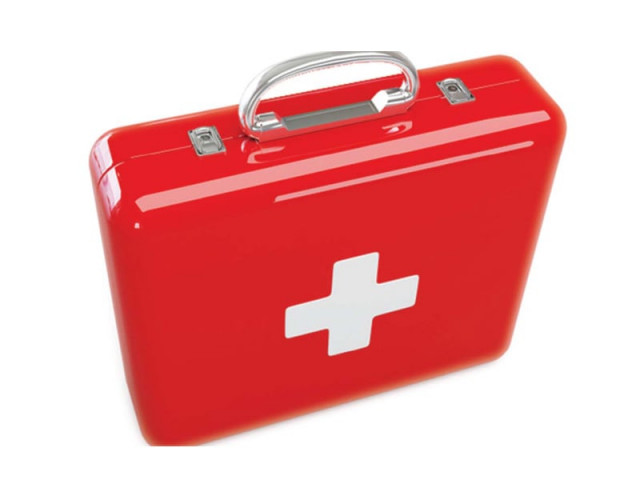Too little, too late: Free medical attention for deceased teenager
Health department’s letter received by bereaved family a month after boy’s death.

Health department’s letter received by bereaved family a month after boy’s death.
A teenager injured in a bomb blast in Dir Lower died last year after over a year in coma. A month after his death, his family received a letter offering free medical treatment – the paper, however, is meaningless for them now, they say.
Aurangzeb Khan, 16, was a student of grade nine. He fell in coma after sustaining shrapnel wounds during a suicide attack targeting a funeral in his hometown of Sheena village in Samarbagh tehsil, Dir Lower on September 21, 2011. After being unconscious for over a year, Aurangzeb passed away on December 29, 2012. He was one of the 40 people who lost their lives as a result of the attack.
A letter by the health department offering free medical assistance to Aurangzeb was received by his family a few days earlier. It was, however, dated October 6, 2012.
“The postman delivered the letter at my house, but because I couldn’t read it, I took it to a school teacher,” said Aurangzeb’s elder brother Wahidullah. “The teacher told me this is a useless paper for you because your brother is no longer in this world.”

Wahidullah said they earlier tried reaching out to ministers and even the president, but their pleas fell on deaf ears. “We were not even able to provide proper food to my ailing brother, and now we have this useless paper.”
Wahidullah added he has a debt of Rs1.8 million, which he spent on his brother’s treatment. “I have no means of paying back such a huge amount.”
Aurangzeb initially remained in coma for 36 days following the attack. He then showed signs of recovery and was discharged from Lady Reading Hospital. This filled his family with hopes of a complete recovery. He, however, collapsed a month later and was readmitted to the hospital.

Doctors operated on him to treat an abscess, but told his family he would not regain consciousness for the rest of his life. After he was discharged for the second time and brought back home, the case caught the media’s attention. Provincial health minister also issued directives to the medical superintendent at District Headquarters Hospital, Timergarah to bear all of Aurangzeb’s medical expenses.
The medical superintendent constituted a medical board, which concluded that Aurangzeb’s treatment would cost around Rs160,000. The matter was then referred to Pakistan Baitul Mal.
Published in The Express Tribune, January 27th, 2013.













COMMENTS
Comments are moderated and generally will be posted if they are on-topic and not abusive.
For more information, please see our Comments FAQ